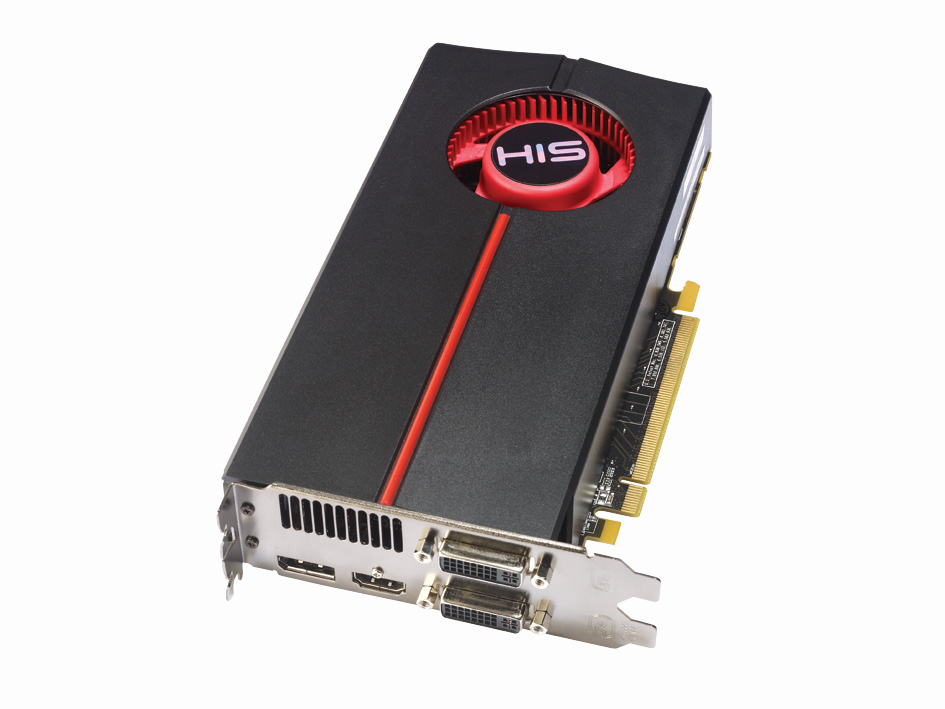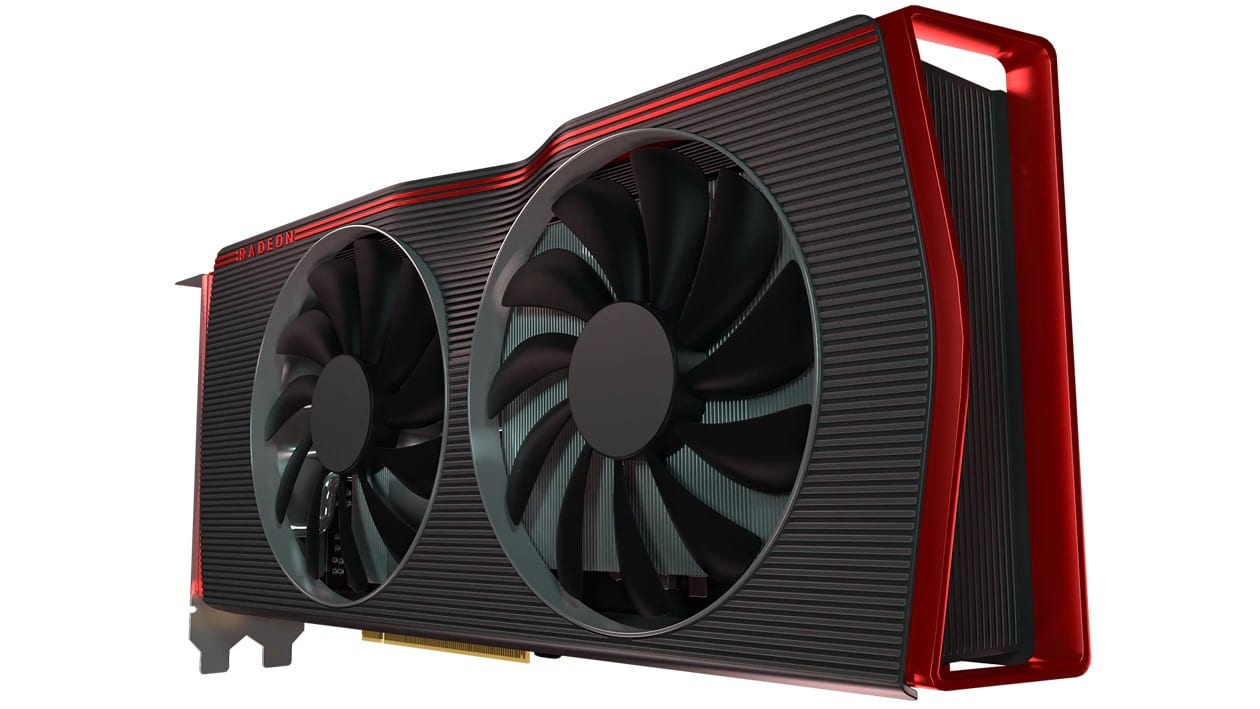

Our Ryzen 9 5950X test system was equipped with 32GB of DDR4-3200 CL14 dual-rank memory. At some point, the situation will improve and when it does, this comparison review will help answer the question, which of the two GPUs should you buy? So, with that, let’s go over the test system specs and jump into the benchmarks. There’s always a chance, if you're patient enough, you’ll eventually get your hands on one of these GPUs. With stock clearly out of everyone’s control, this comparison serves as a guide for those researching what they might purchase once supply is able to meet or exceed demand. Unfortunately, while performance in some games has improved, availability has not, with both GPUs nearly always out of stock. But now we have an even more robust set of 45 games running on top of a Ryzen 9 5950X along with the latest display drivers which have brought some nice gains for the RTX 3070 in titles such as Godfall, Assassin’s Creed Valhalla, and Dirt 5. We collected that data using our older Ryzen 9 3950X test system. When we reviewed the Radeon RX 6700 XT on day one, we found it to be about 4% slower than the RTX 3070 in a 14-game sample.

PowerColor reserves the right to modify or revise the content at anytime without prior notice.Time for another of our mega-game benchmarks covering 45 titles comparing the Radeon RX 6700 XT head-to-head against the GeForce RTX 3070, the nearest competitor in terms of pricing, at least based on the mythical MSRP. The entire information provided herein are for reference only. One 6-Pin and One 8-Pin PCI Express Power connectors Power Specs + Board Dimensions Board Dimensions Boost clock achievability, frequency, and sustainability will vary based on several factors, including but not limited to:thermal conditions and variation in applications and workloads. 'Boost Clock' is the maximum frequency achievable on the GPU running a burstyworkload. Actual individual game clock results may vary. 'Game Clock' is the expected GPU clock when running typical gaming applications, set to typical TGP (Total Graphics Power). Actual individual game clock results may vary 2424MHz(Game) /up to 2321MHz (Base) / up to 2581MHz(Boots) *Note:Game Clock is the expected GPU clock when running typical gaming applications, set to typical TGP (Total Graphics Power).


 0 kommentar(er)
0 kommentar(er)
